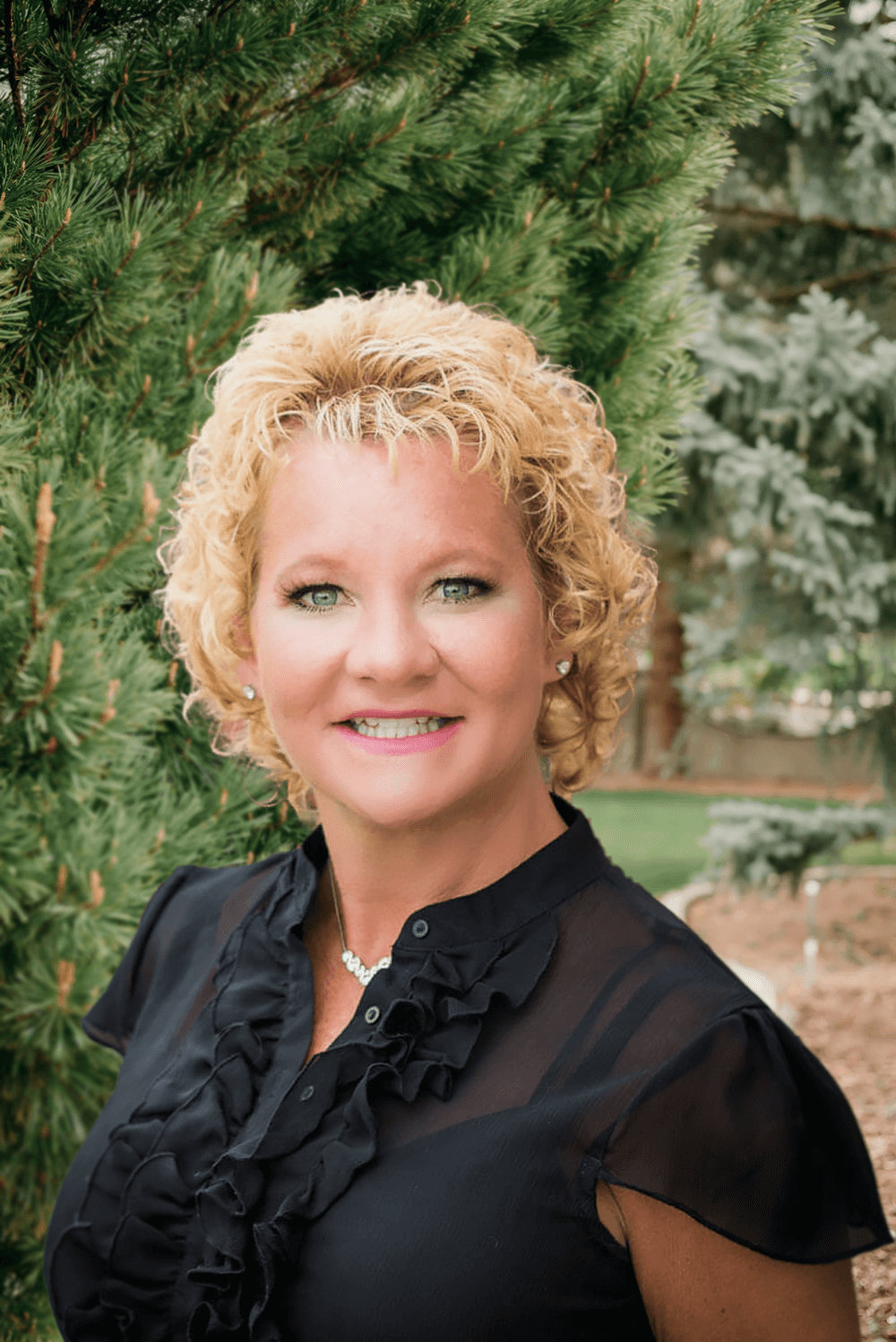
This entry was posted in Uncategorized on October 5, 2018 by Maple Staff.
What is addiction?
Understanding addiction is important, but can be confusing. The answer to this question may seem very simple, but it is not always so straightforward. According to Merriam-Webster, it is:
-
the quality or state of being addicted
-
compulsive need for and use of a habit-forming substance (such as heroin, nicotine, or alcohol) characterized by tolerance and by well-defined physiological symptoms upon withdrawal “broadly : persistent compulsive use of a substance known by the user to be harmful.”
However, addiction does not always pertain to an actual substance or drug, and some people form addictions to things that would not be harmful, except for the obsession with and overuse of it.
Understanding addiction
The list of things that one can be addicted to is long. Alcohol, Methamphetamines, Cocaine, Nicotine, Heroin. Gambling, Pornography, Opioid Painkillers… even Sex.
Shopping, Video Games, the Internet, Exercise… The Merriam-Webster dictionary even included “reading”, in one of the sentence examples given. Clearly, some of these things are more immediately harmful than others.
Shopping, using the internet, or going to the gym, are not things that one would look at as being innately harmful, whereas things like nicotine and heroin have clear and present dangers involved with their use.
The reality of addiction and loss of control
A fairly simple way to know if one has a clinical addiction (“I’m in liver failure, but please give me a shot of whiskey”), or simply a slight preoccupation with something (i.e. “oh my GAWD I am so ADDICTED to this lipstick”), is to ask these questions:
-
“Do I need outside assistance to stop this behavior?”
-
“Does thinking about stopping this behavior give me anxiety or make me feel very depressed?”
-
“Is this behavior creating serious physical or emotional problems in my life or problems in my important relationships, and yet I cannot seem to give it up?”
If the answer is yes, it’s probably a serious, clinical addiction. Regardless of what the focus of it is. The true malignant nature of addiction can have something to do with the substance, because some substances can be deadly even in small doses. But the fact is that whether an addiction is focused on cocaine, nicotine, or running up your credit card on amazon at 2 am, addiction becomes a problem because it takes over every part of your life.

You feel out of control. You may want to stop because you can see the destruction it is causing, but feel unable to. You may be causing physical harm to yourself, or committing crimes to facilitate your addiction, and you hate it, and yet you continue. When the compulsion to take a pill, take a drink, gamble, or go shopping is so overpowering that you would give up your health, happiness, financial wellbeing, or important relationships for it, that is addiction, in a nutshell.
What Creates Addiction?
There are many underlying factors that are thought to make certain people more susceptible to addiction. However, there is probably no human on earth who is entirely immune to it, given exposure to the right circumstances and/or substance.
There is scientific evidence of addictive substances and behaviors sharing a key neurobiological feature—they intensely activate reward centers in the brain, many of which involve the neurotransmitter dopamine. In layman terms, this means that drugs, promiscuous sex, gambling, and other addictive substances and behavior, all make you feel INTENSELY rewarded, happy, or reinforced. At least, for a moment.
This feeling would otherwise be created in a healthy way by interacting with someone you love, major life achievements, perhaps even viewing a beautiful sunset or holding the hand of your toddler. Because addictive substances and behaviors trigger these reward centers in your brain so intensely, people who have psychological conditions such as depression may be far more susceptible to addiction.
Addiction risk factors include:
-
Genetic predisposition
-
Certain brain characteristics that can make someone more vulnerable to addictive substances than the average person
-
Psychological factors such as stress, personality traits like high impulsivity or sensation seeking, depression, anxiety, eating disorders, and other psychiatric disorders
-
Environmental influences such as exposure to physical, sexual, or emotional abuse or trauma, substance use or addiction in the family or among peers, access to an addictive substance
-
Starting alcohol, nicotine or other drug use at an early age
“You cannot shame or belittle people into changing their behaviors.”― Brené Brown
Dr. Brené Brown, the author of “Daring Greatly” and many other insightful books, speaks eloquently on the connection between shame and addiction, and the cycle that can be perpetuated. There is, in many cultures, a large stigma attached to drug and alcohol use and addiction.
This comes from a largely false belief that those affected by addiction have a choice in the matter and could just, one day, decide to stop this destructive behavior and go on their merry way. This culture of judgment and shame can create a situation where addicts isolate and shame themselves, and this can create more and more addictive behavior.
Quite simply, if you are an alcoholic and someone makes you feel terrible about being an alcohol, it is quite likely that you are going to turn to your main source of comfort and numbing painful feelings – alcohol. Part of the purpose for writing this piece is to share and shed light on the reality surrounding addiction. Armed with facts, many people replace judgment with understanding.
“If we can share our story with someone who responds with empathy and understanding, shame can’t survive.” ― Brené Brown, Daring Greatly
It would be wise for everyone to remember that we cannot and do not know the inner workings and dealings of everyone and their lives, or really almost anyone that we come into contact with. If we were to truly experience life as they experienced it, it would be impossible to judge. Instead, we would be filled with compassion.
Who is Affected by Addiction?
Quite simply, anyone can be affected by addiction.
As mentioned, there are increased risks for certain people, especially if addiction is hereditary in your family or you have experienced major traumas in your life. Having chronic pain issues or a serious car accident or surgery can put you at risk, if your doctor prescribes an opioid pain medication.
Nobody is truly immune.
The effects of addiction reach far past the addicted person(s). Ask any child of an alcoholic. Or the parent of a young adult who passed away of an overdose. Or any spouse of a pornography addict. Understanding addiction is important because it can help you understand what you, or another, is going through.
Addiction affects everyone. It destroys marriages, families, jobs, futures, and entire lives.
Is There Hope for Addicts and Their Loved Ones?
Absolutely. Although addiction tends to create a cycle of hopelessness and shame, research shows that recovery is the rule, not the exception. We believe that this starts with trading shame for understanding.
Trading self-deprecation for self-compassion. Guilt is about what you do. Shame is about who you are.
Guilt can, occasionally, be a useful tool. It helps you to see places where you could improve behavior. It helps you to see when things you do hurt the people you love, thereby offering you an opportunity and incentive to change your actions.
Shame, on the other hand, is only destructive. There is no exception to that rule. Just because you did something that maybe wasn’t so great doesn’t mean that you are inherently bad or undeserving of love and compassion. The way you talk to yourself is incredibly powerful and important when it comes to recovery in mental health and addiction.
Examine the things you say to yourself and evaluate if those are things you would readily say to someone in your life that you are close to.
Instead of, “Wow, you don’t deserve to live. Of course nobody wants to be around you. You are a drug addict and a loser. Nobody will ever love you.”
Try, “Okay, so you slipped up again. I understand why that happened, but this doesn’t make you BAD. We want different results, so next time, let’s think a little harder about whether or not our actions will create the results we want. I know that it’s hard, and I’m going to love you no matter what. I just want you to be happy.”
Shame can also create serious disconnection in our lives, thus exacerbating the cycle of shame and addiction. Connection has often been cited as the opposite of addiction. Being honest and vulnerable with ourselves and those we love is the only way to create true connection.
Once we remove the mask and are able to love ourselves, and see that we are loved for who we truly are, the need to numb feelings and run away through addictive behaviors can be greatly minimized.
“If we could read the secret history of our enemies, we should find in each man’s life sorrow and suffering enough to disarm all hostility.” ― Henry Wadsworth Longfellow
In essence, if we all really knew each other’s stories and sorrows, there would be no judgment or shame. The more we are truly authentic and honest with each other, the more shame dissolves.
Armed with compassion and connection, there are many hopeful roads to recovery. 12-Step programs, treatment centers, spiritual circles, support groups, natural medicine, anti-depressants, and therapy can all be utilized to aid in recovery.
You are not your addiction. You are a human being having a human experience. There are many roads to recovery, but we believe that they all begin with self-compassion, hope, and connection.
If you have questions, feel free to email us at info@maplemtnstagin.wpengine.com, or give us a call at (801) 499-9316.



